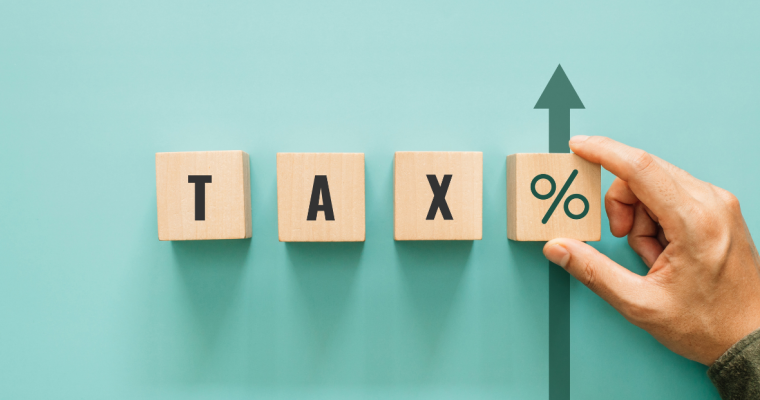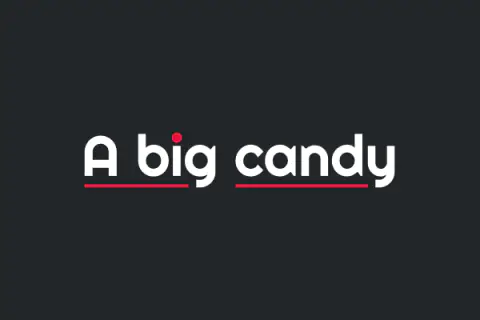Michigan taking more measured approach to gambling tax increases

Michigan lawmakers are taking a more measured approach with their proposals for gambling tax increases in the state.
Yes, two Michigan state senators — Jeremy Moss and Sam Singh — have submitted two bills to bolster taxes on sports betting and iGaming revenues.
However, compared to other states, Michigan has sought to make the hike less painful for operators.
Senate Bill 1193 is designed to raise the tax rate on commercial sports betting operators’ adjusted gross tax receipts from 8.4% to 8.5%.
This would only apply to non-tribal betting companies, as the state can’t adjust tribal betting tax rates.
At the same time, Senate Bill 1194 explores a tiered system with brackets depending on iGaming revenues amassed by operators:
- Revenue under $4 million: Tax rate to increase from 20% to 21%
- Revenue between $4 million – $8 million: Rate to increase from 22% to 23%
- Revenue between $8 million – $10 million: Rate increase from 24% to 25%
- Revenue between $10 million – $12 million: Rate increase from 26% to 27%
- Revenue exceeding $12 million – Rate increase from 28% to 29%
Overall, the gambling tax hike would be 1% or less. There has been plenty of national discourse on the subject, and Ohio recently dropped the sports betting tax rate of 20%, reverting to its original 10%.
Pennsylvania, which raised $2.3 billion in gambling taxes in 2023 (the highest in the nation), sees its 17 brick-and-mortar casinos direct roughly 52% of net wins from slots to the state.
In contrast, Nevada levies the lowest state gambling tax rates (6.75%) which is why their tax benefit last year was only $1.2 billion despite raking in more than $15.5 billion in revenue.
Tax rises are supposed to improve local services in Pennsylvania, and ease property taxes for homeowners.
While some states have arguably been more hasty with steep tax rate bumps, perhaps Michigan’s subtle suggestions could win them favor with operators.
- Other news categories:
- SlotsUp's news





